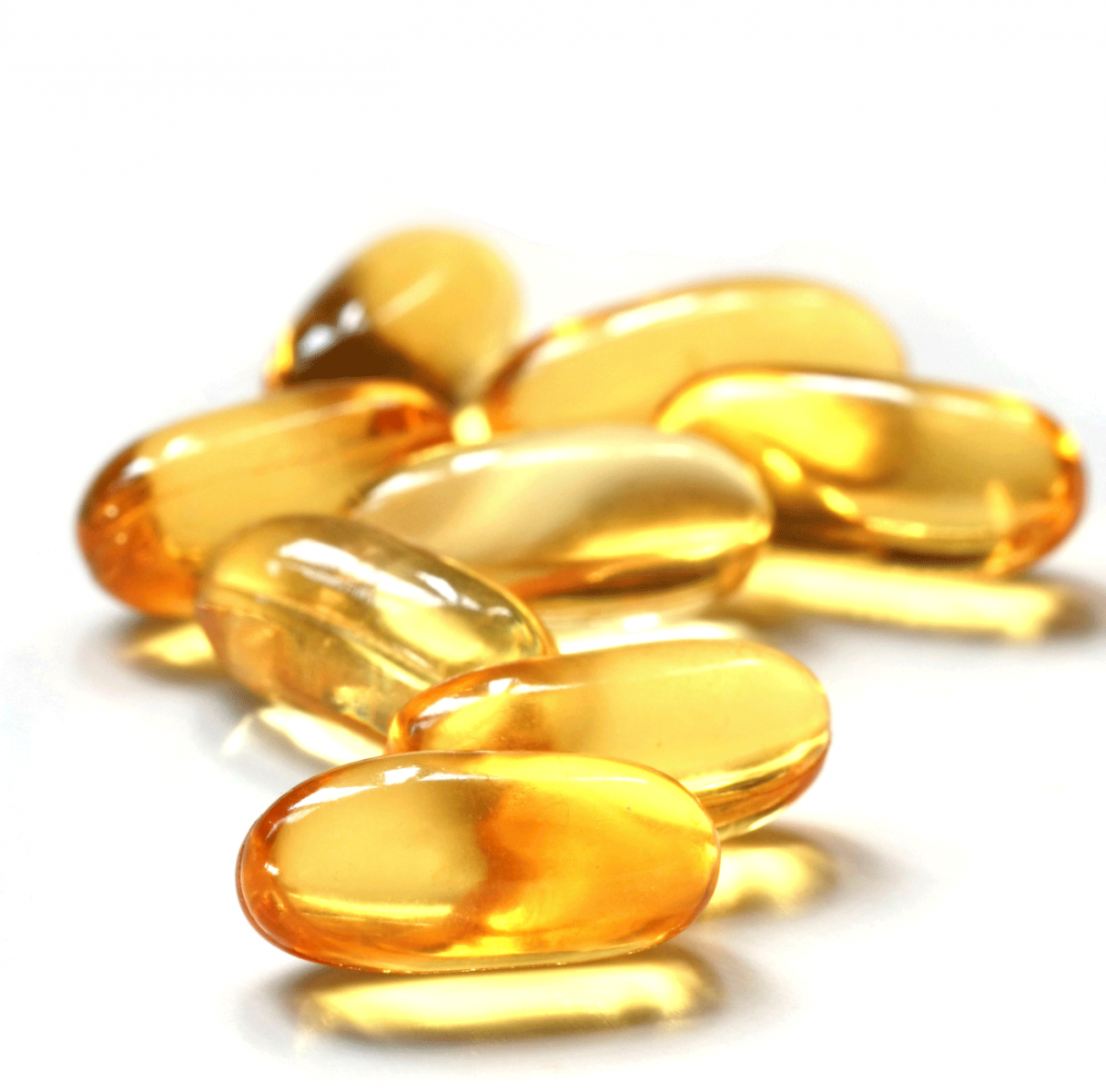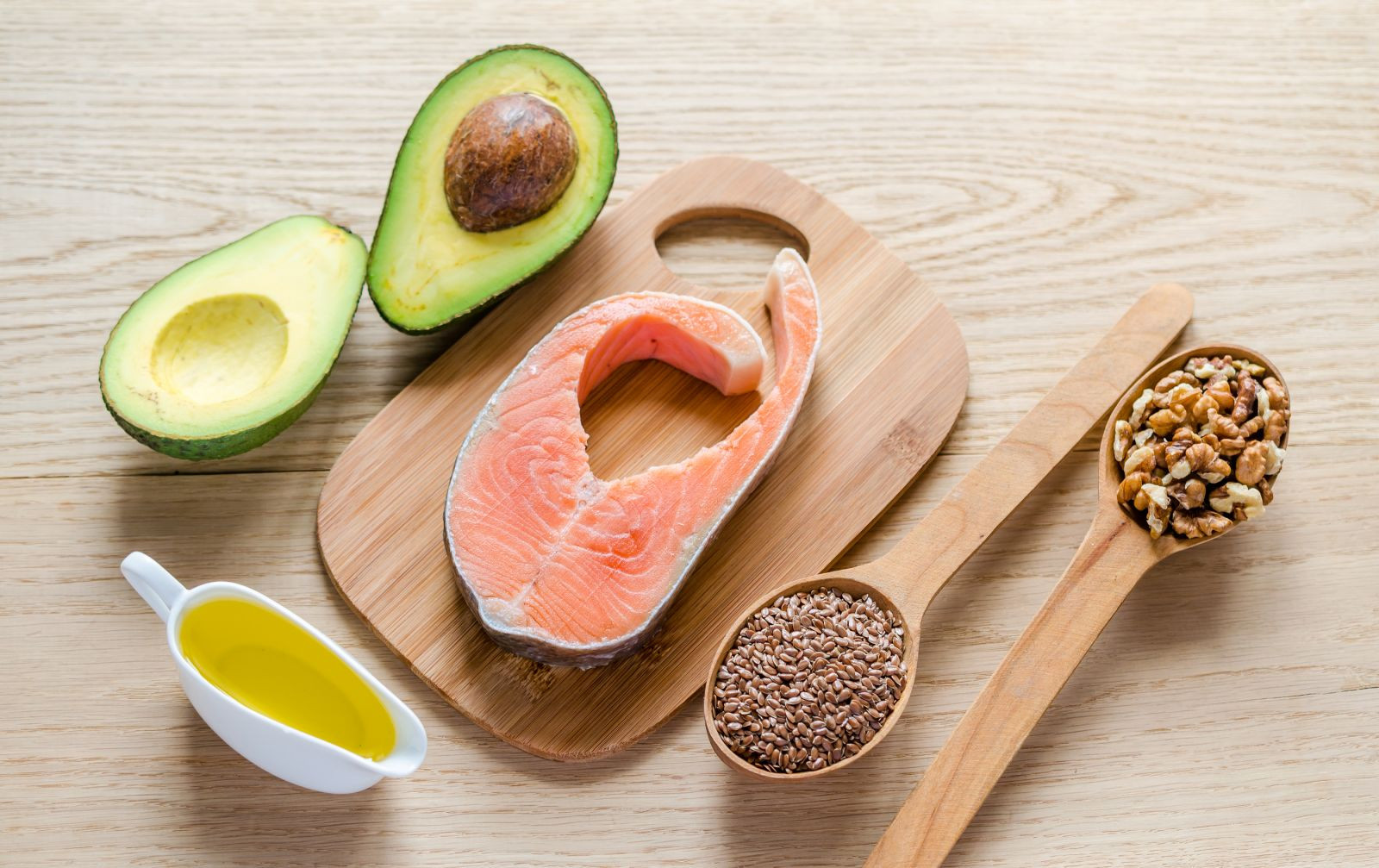
What are somatic workouts?

How to curb your stress eating

How to spot Parkinson’s disease symptoms

8 simple ways to reduce ultra-processed foods in your diet

Heart failure symptoms in women: How they’re different

GERD diet: Foods to avoid to reduce acid reflux

Strong is the new skinny

Everyday habits that sneakily weaken your bones

Don’t wait to get help for back pain

Correcting how you walk may ease osteoarthritis knee pain
Staying Healthy Archive
Articles
Should I take vitamin D?
Ask the doctor
Q . I am 68 and in excellent health. I eat a healthy diet, exercise every day, and do not drink or smoke. I'm on no medicines. The only pill I take is vitamin D. But I'm wondering: is there any benefit in that?
A. In a nutshell, here's what we know. Our skin makes most of the vitamin D in our bodies after exposure to sunlight. Because most of us are indoors most of the 24 hour day, many of us have relatively low blood levels of vitamin D.
Mindfulness: Not just for stress reduction
Image: iStock
The meditative practice is being used for everything from boosting happiness to treating high blood pressure.
Mindfulness, which trains you to focus your mind on the present moment, is more than a popular meditation technique. It's been shown to help treat depression and anxiety and improve sleep quality. And it's now being studied as a complementary therapy for cancer, stroke, multiple sclerosis, and pain. "We're seeing an exponential increase in doctors embracing mindfulness as a treatment," says Dr. Ronald Siegel, assistant professor of psychology at Harvard Medical School and faculty editor of the Harvard Special Health Report Positive Psychology.
Easy exercises for "keyboard athletes"
Quick bursts of exercise and doing tasks will break the cycle of inactivity and keep you healthier.
It's easy to spend long periods sitting in front of a computer, or with a tablet or smartphone, even when you know it's not good for health. But it's not quite as easy to break the cycle of being a "keyboard athlete," and make an effort to get more activity into your day. "I agree, I think people are becoming aware that prolonged sitting has a negative impact on health, but I'm not seeing enough people actually do something about it," says Marsha Pogrebinsky, a physical therapist at Harvard-affiliated Massachusetts General Hospital.
Better nutrition when cooking for one
You can still eat healthy foods without making a big meal each night.
Image: Thinkstock
When you live alone, coping without a companion at meal times is more than just lonely; it's also a risk for malnutrition. "People don't make an effort when eating is no longer a social experience. There's no joy left in preparing food, because they don't view it as something valuable to do for themselves," says Melanie Pearsall, a registered dietitian with Harvard-affiliated Massachusetts General Hospital.
Challenges lead to health risks
Loneliness is just part of the nutrition challenge when you live alone. Some people may also experience
Spice up your sex life with these 6 steps
Image: Thinkstock
Consider medical intervention and lifestyle changes such as weight loss and exercise.
Getting busy in the bedroom can be a challenge in our older years. Sometimes it's the result of age-related physical changes, such as an enlarged prostate for men; for women, estrogen loss after menopause can reduce libido and vaginal lubrication and cause pain with penetration and difficulty climaxing. In other cases, chronic disease may be to blame, such as high blood pressure, heart disease, diabetes, depression, neurological disease, and incontinence. Medications to treat these conditions can also affect sexual function.
Harvard study: Moderate coffee drinking associated with longevity
Image: Thinkstock
News Briefs
Here's something to think about if you drink a few cups of coffee per day: a Harvard study published online Nov. 16, 2015, by Circulation found that moderate coffee drinking is associated with a lower risk of an early death. Researchers evaluated questionnaires answered by people in three large studies (a total of more than 208,000 men and women), over a period of 30 years. The investigators observed that, compared with people who don't drink coffee, those who drank three to five cups of caffeinated or decaffeinated coffee per day had a lower risk of death from type 2 diabetes, cardiovascular disease, neurological diseases such as Parkinson's disease, and suicide. "It could be that certain compounds in coffee, such as chlorogenic acid, may help reduce insulin resistance and inflammation, which are associated with many diseases, including type 2 diabetes and cardiovascular disease," says Dr. Ming Ding, the study's first author and a doctoral student at the Harvard T.H. Chan School of Public Health. But the study doesn't prove that coffee was responsible for the lower risk of early death. "If you drink a moderate amount of coffee, it is fine to keep your habit. There is not enough evidence that you should drink more coffee for the sake of longer life expectancy," says Dr. Ding.
Does dietary fat matter for long-term weight loss?
News Briefs
Want to lose weight? Don't focus on fat. A Harvard analysis published Oct. 30, 2015, in The Lancet Diabetes & Endocrinology suggests that low-fat diets don't work any better than higher-fat diets when it comes to long-term weight loss. Researchers analyzed the data from a total of about 68,000 people in 53 studies that looked at low-fat diets compared with other types of diets, such as higher-fat diets with low carbohydrates. After one year or longer, people on all types of diets had lost and kept off an average of 6 pounds. So how can you lose weight? As we reported in the December 2015 Health Letter, it's not dietary fat that makes you fat; it's the combination of excess calories and too little physical activity. Each gram of fat has nine calories, which is more than in a gram of carbohydrates or proteins, so don't eat too many of them. What should you eat to lose weight? Go for vegetables, fruits, lean meats and fish, fiber, healthy fats (almonds, avocados, salmon), and whole grains. Talk to your doctor or a dietitian about how many calories per day you should eat to lose weight.
5 easy ways to add fruits and vegetables to dinner
Fruits and vegetables contain vitamins, minerals, and other nutrients that are essential for good health. That's one reason why a plant-based diet that includes lots of fruits and vegetables can lower your risk of developing life-threatening diseases such as heart disease, diabetes, and some cancers. And when you pile on the produce, there's less room for the unhealthy foods, too.
Dinner is typically the largest (and latest) meal of the day, and it's a good opportunity to make sure that you meet your daily quota for fruits and vegetables. Here are five easy ways to work more produce into dinner.

What are somatic workouts?

How to curb your stress eating

How to spot Parkinson’s disease symptoms

8 simple ways to reduce ultra-processed foods in your diet

Heart failure symptoms in women: How they’re different

GERD diet: Foods to avoid to reduce acid reflux

Strong is the new skinny

Everyday habits that sneakily weaken your bones

Don’t wait to get help for back pain

Correcting how you walk may ease osteoarthritis knee pain
Free Healthbeat Signup
Get the latest in health news delivered to your inbox!
Sign Up











